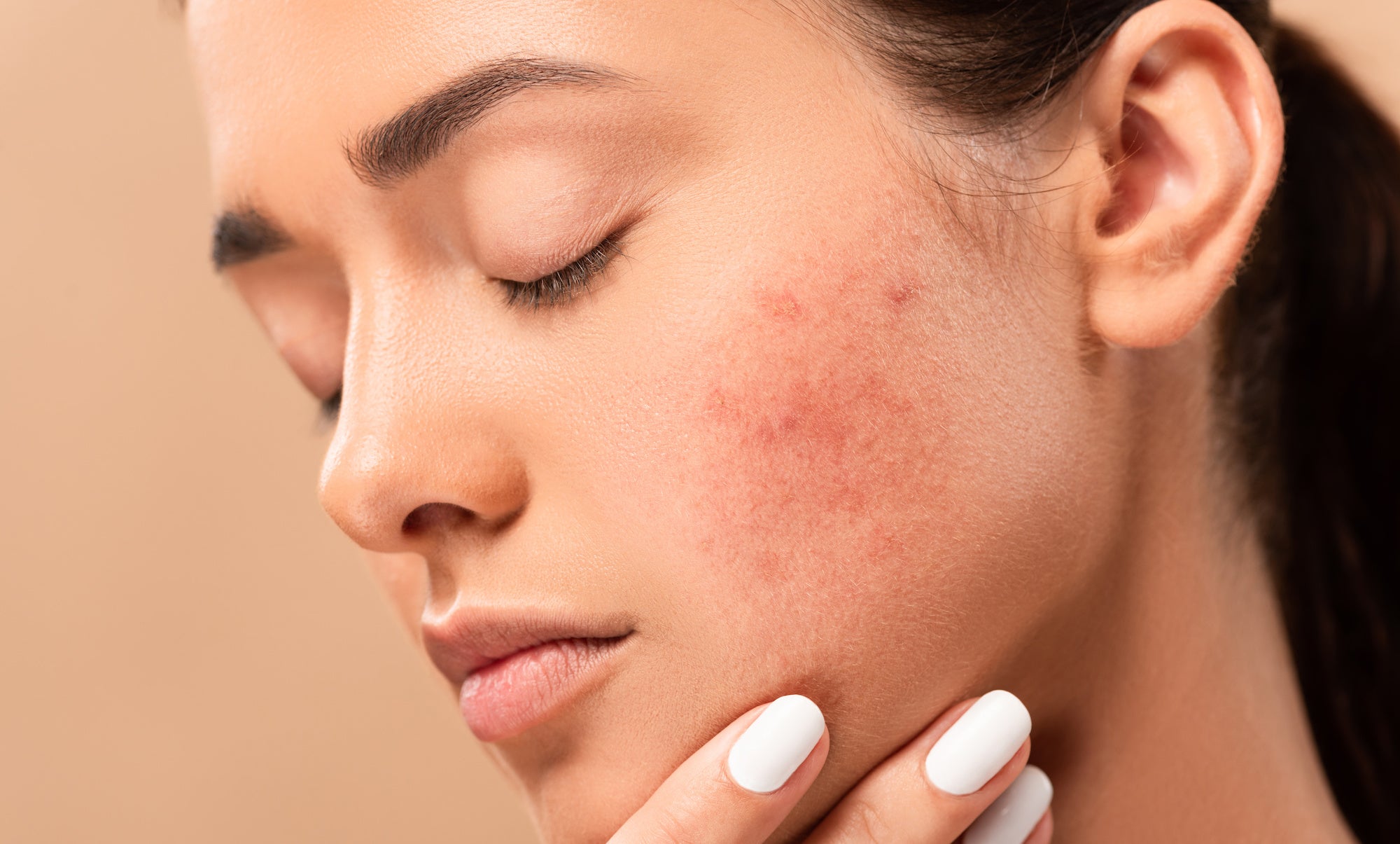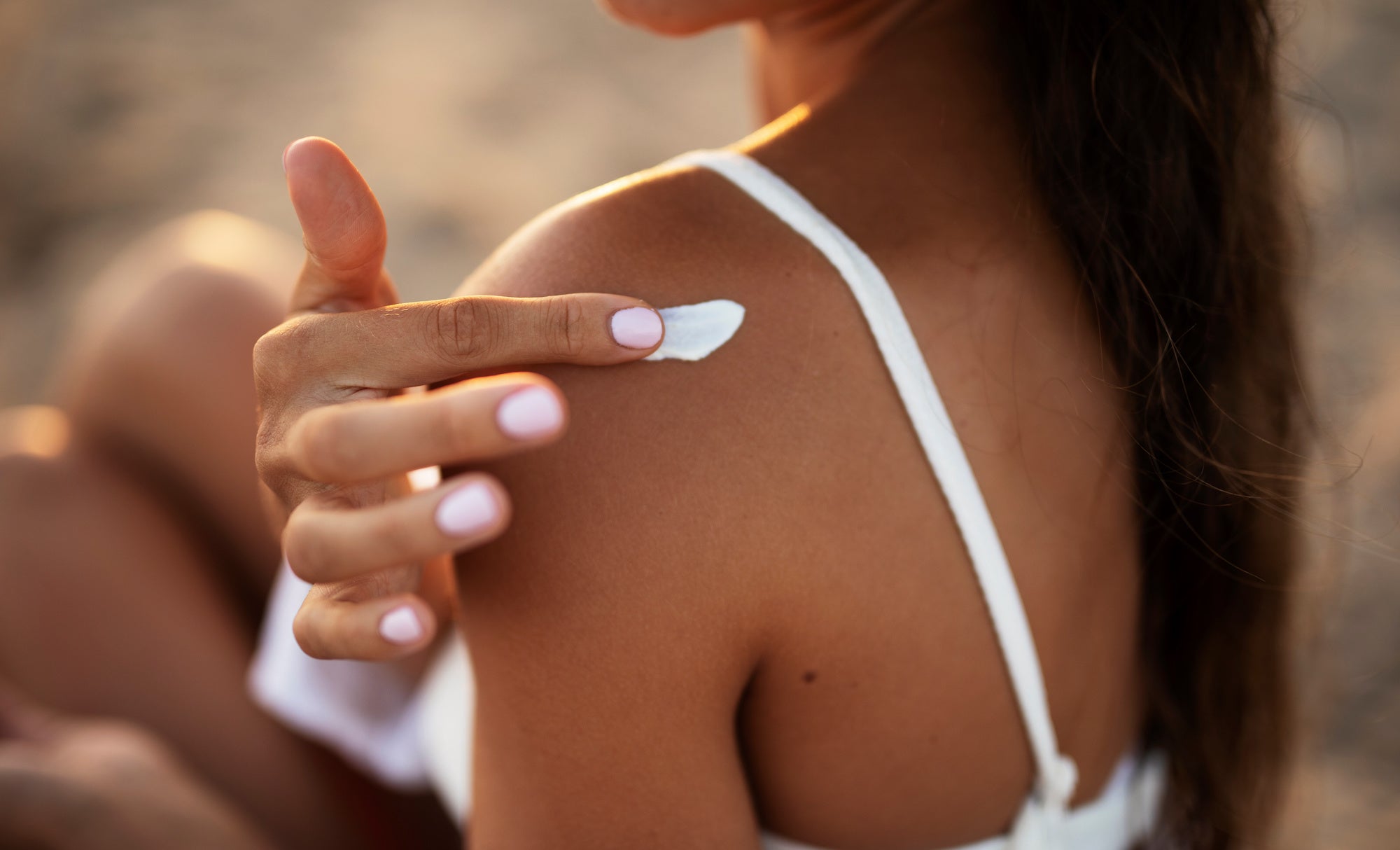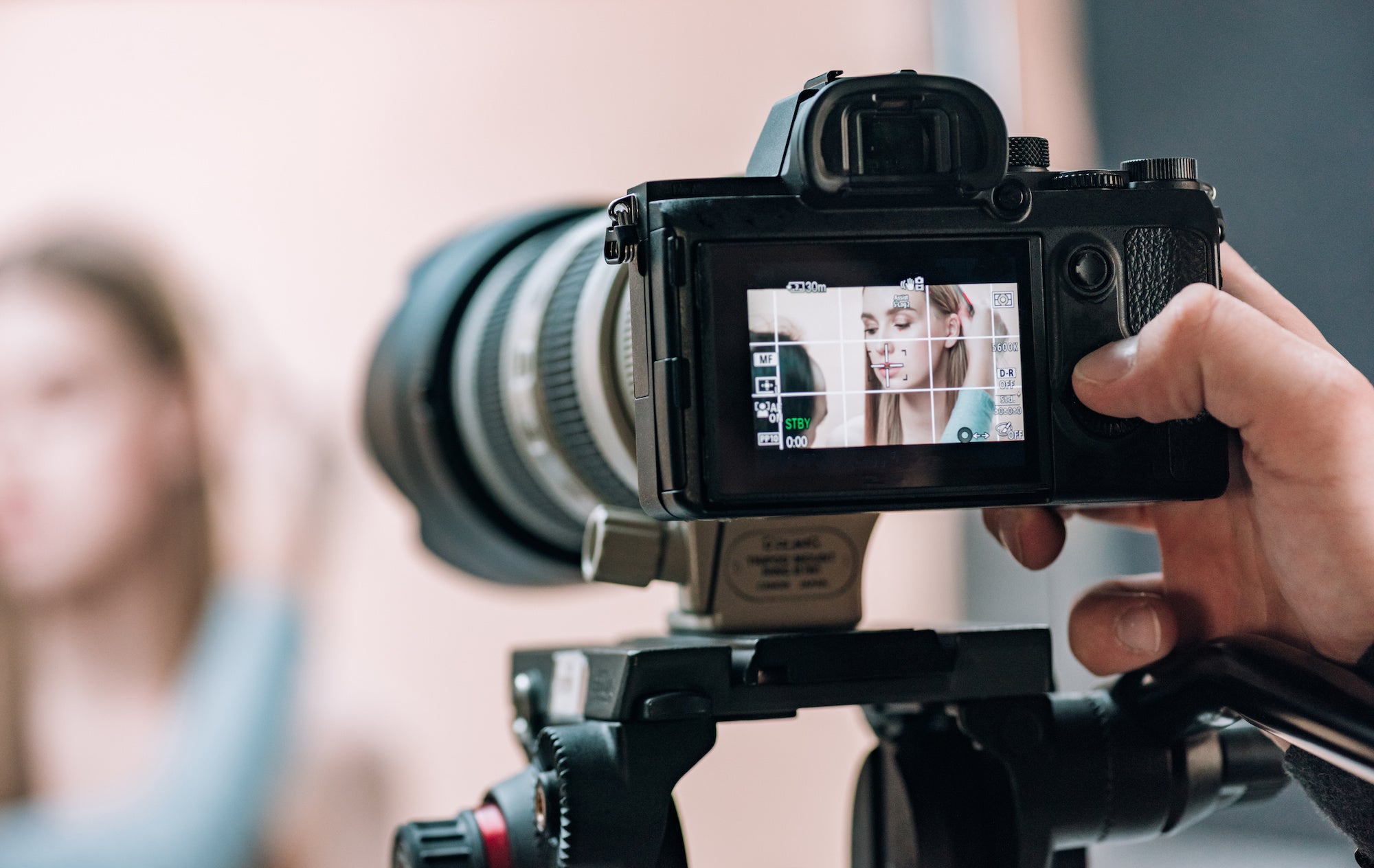
DIY Acne Treatments You Should Avoid and What To Do Instead
While there are several home remedies and treatments for acne that can be effective, there are also some methods that can potentially be harmful to your skin. It's important to exercise caution and avoid practices that could worsen your acne or damage your skin.
Here are some examples of home treatments that can be bad for your skin:
Over-Exfoliation
Exfoliating your skin too frequently or using harsh exfoliants can strip away the protective barrier and lead to irritation, redness, and even more acne. Stick to gentle exfoliation and avoid scrubbing aggressively.
Do this instead: Pay attention to how your skin reacts to exfoliants and lessen use if your skin becomes red or irritated. Use gentle chemical exfoliants like Oxygenetix Acne Control Hydro-Matrix and Foundation that are safe to use daily.
Toothpaste
Applying toothpaste to your pimples was once a popular remedy, but toothpaste can contain ingredients like menthol and baking soda that can irritate the skin and cause dryness, redness, and potential allergies.
Do this instead: Use topicals recommended by your dermatologist to spot treat pimples.
Lemon Juice
While lemon juice has natural antibacterial properties, it is highly acidic and can disrupt your skin's pH balance. Applying lemon juice directly to your skin can cause burns, irritation, and increased sensitivity to sunlight.
Do this instead: Use medical grade toners that have gentle ingredients.
Baking Soda
Baking soda is alkaline and can disrupt your skin's natural pH. Using it as a scrub or mask can lead to dryness, irritation, and even chemical burns.
Do this instead: Use medical grade face masks with skin nourishing and acne-fighting ingredients.
Hydrogen Peroxide
Hydrogen peroxide is a disinfectant that can kill bacteria, but it's also highly reactive and can damage healthy skin cells, causing irritation, redness, and potential scarring.
Do this instead: Find a toner that is anti-bacterial with gentle chemical exfoliants.
Rubbing Alcohol
Applying rubbing alcohol to your skin can strip away its natural oils, leading to dryness, irritation, and potentially making acne worse by disrupting the skin's protective barrier.
Do this instead: Cleanse your skin with a gentle cleanser and a toner formulated for acne-prone skin.
Vinegar
While some types of vinegar have antibacterial properties, they are also acidic and can cause skin irritation, redness, and burns.
Do this instead: Cleanse your skin with a gentle cleanser and a toner formulated for acne-prone skin.
DIY Masks with Irritating Ingredients
Some DIY face masks may include ingredients like cinnamon, cloves, and hot peppers, which can be very harsh on the skin and cause irritation and redness.
Do this instead: Use medical grade face masks with skin nourishing and acne-fighting ingredients.
Picking and Popping
Picking, squeezing, or popping pimples can introduce bacteria deeper into the skin, increase inflammation, and potentially lead to scarring.
Do this instead: Get regular facials with an esthetician or dermatologist who can pop your pimples safely.
Oversharing Topical Treatments
Using too many acne-fighting products at once can lead to excessive dryness, irritation, and sensitivity. It's important to follow a consistent, simple skincare routine and introduce new products slowly.
It's always a good idea to consult a board-certified dermatologist before trying any new treatments, whether they're natural or over-the-counter. They can provide personalized advice based on your skin type and specific concerns. If your acne is severe or persistent, seeking professional medical help is recommended to prevent potential scarring and ensure the best treatment outcome.


发表评论
此站点受 hCaptcha 保护,并且 hCaptcha 隐私政策和服务条款适用。